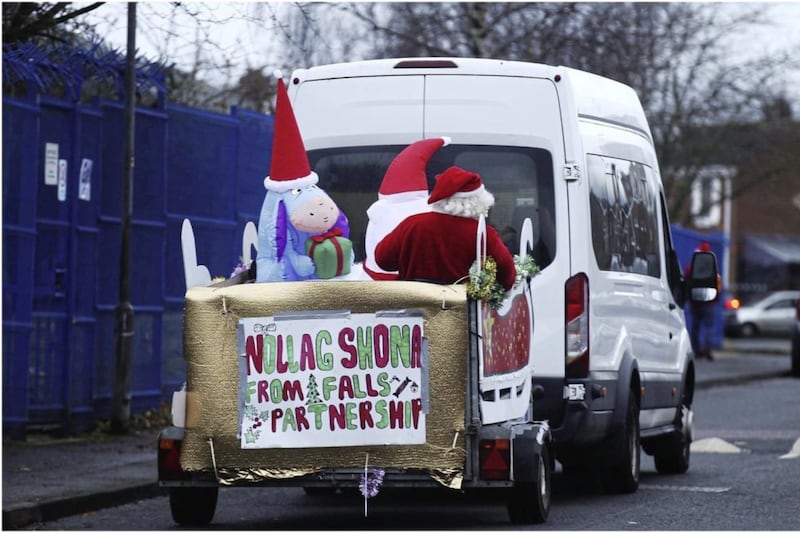CAMPAIGNERS believe that the death of Peter Ward could have been avoided if the RUC had warned nationalists that a UVF killer gang was operating in Belfast.
Mr Ward was murdered just weeks after west Belfast man John Scullion was shot dead by a Shankill Road UVF gang outside his home in Clonard, off the Falls Road.
The RUC initially claimed the 28-year-old, who was the first victim of the Troubles, had been stabbed despite being told by residents that two shots had been heard in the area.
A neighbour later gave the RUC a bullet shell found in the area after the killing.
In a highly unusual move Mr Scullion’s remains were exhumed following his death on June 11, 1966, and it was confirmed that he had in fact been shot.
Robert McClenaghan, who is a member of the McGurk's Bar Memorial Committee, believes Mr Ward’s life could have been saved.
His grandfather, Philip Garry, was one of 15 Catholics killed in the UVF's bombing at McGurk's Bar in north Belfast in 1971 that was initially blamed on the IRA.
He said he believes there are similarities between the cases.
“They both could have been prevented if the RUC had done what they were supposed to do,” he claimed.
“Peter Ward’s life could have been saved but as far as I'm concerned the RUC failed to alert the Catholic community there was a UVF murder gang on the loose.
“All the evidence was there that John Scullion was not stabbed and was shot.”
Mr McClenaghan, who has highlighted the case of the McGurk’s Bar bombing - where, despite a loyalist being convicted, the IRA 'own goal' theory remained officially unchallenged by the RUC - believes the Scullion case fits a pattern repeated during the Troubles.
“If John Scullion is the first collusion case in terms of the conflict, the pattern carries through .... to the Loughinisland report,” he said.
“How many lives were lost with the RUC colluding with the murder gangs of the UVF.”
Historian and Irish News columnist Brian Feeney said the UVF murders had an immediate impact on Belfast.
“The whole climate changed because of the murders in 1966,” he said.
Mr Feeney said those killings marked the start of a campaign of loyalist paramilitary activities.
“Nobody imagined this was going to be the start of a campaign,” he said.
“The loyalists were the first to bring the gun and bomb into politics.”
Mr Feeney also highlighted a loyalist bombing campaign in 1969 involving members of the Ulster Protestant Volunteers, who had carried out the bombings in an attempt to implicate the IRA and destabilise Terence O'Neill's government.
And he was critical of Gusty Spence's attempts in the 1990s to reach to out the Ward family.
“You get this sort of syndrome among loyalist killers, they decide they are saved and in many cases you got out of jail early.
“I think Gusty Spence falls into that category, not that he was saved, he decided he was going to be a leading light and move away from violence.
“But it was the activities of this murder gang that started the whole thing.”








